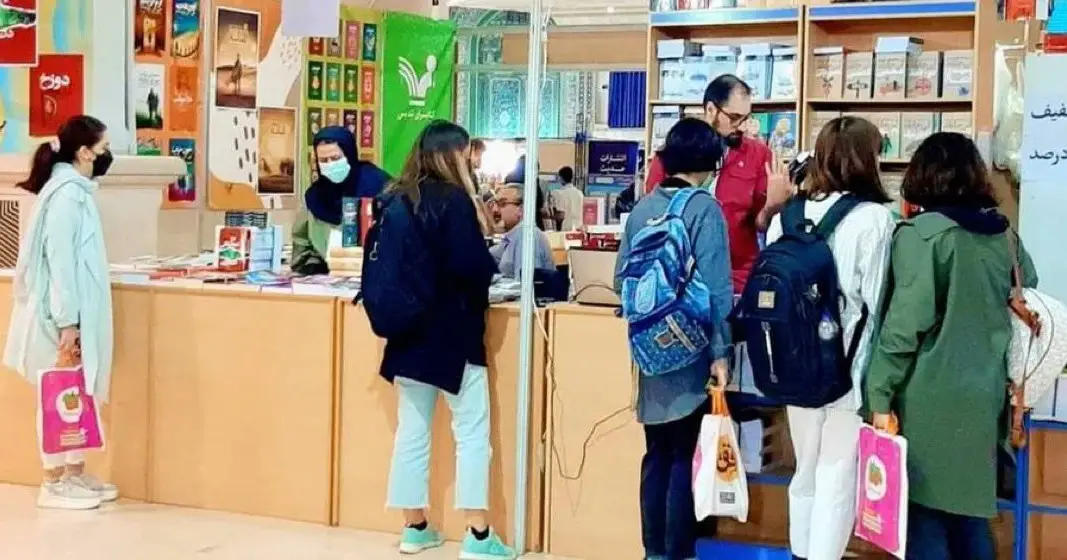
Similar Posts
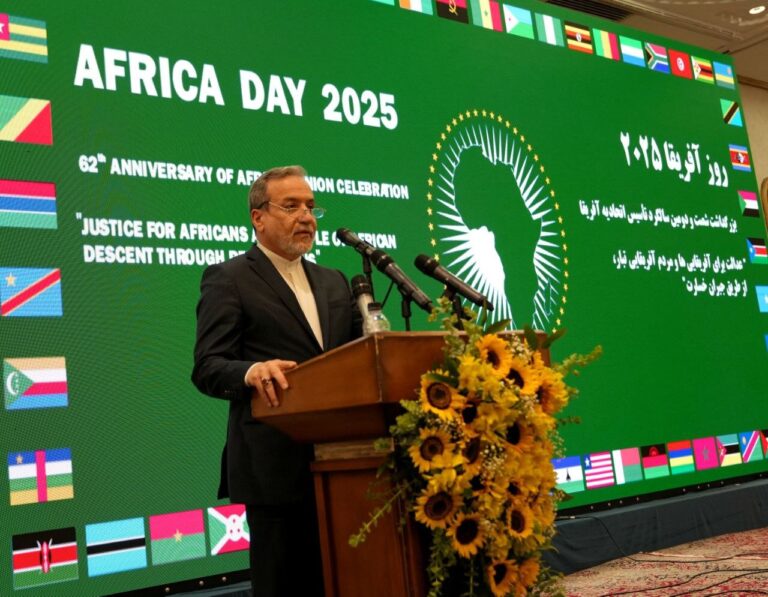
Iran Aims to Strengthen Trade Relations with African Nations, Says Foreign Minister
During the Africa Day 2025 celebration, Iranian diplomat Abbas Araghchi emphasized the need for unity among African nations and the potential for economic cooperation between Iran and Africa. He acknowledged Africa’s rich diversity and its collective efforts towards unity, highlighting the significance of the African Union and the historical legacy of leaders like Nelson Mandela. Araghchi stressed the importance of the African Continental Free Trade Area as a platform for collaboration, noting Iran’s readiness to engage in various sectors, including political, economic, and cultural exchanges. He affirmed Iran’s commitment to supporting Africa’s development and prosperity.
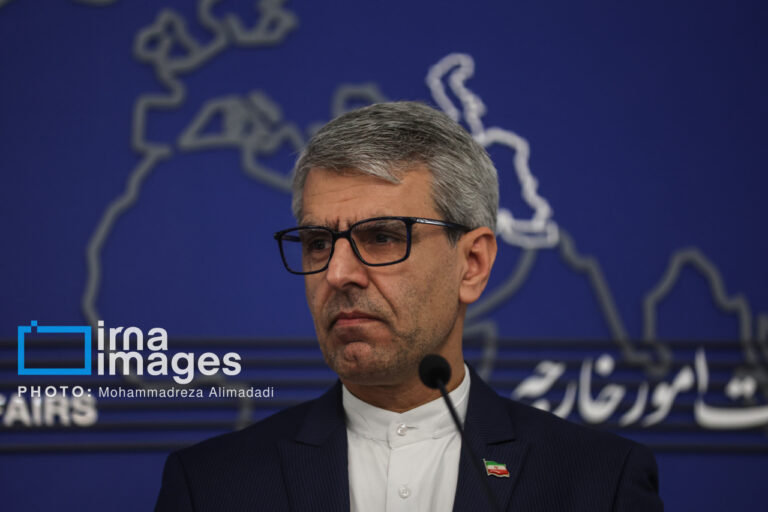
Iran Slams US President’s ‘Ownership’ Remarks as Ethnic Cleansing Scheme for Gaza
Iran’s Foreign Ministry spokesman Esmail Baghaei has condemned US President Donald Trump’s controversial Gaza plan, calling it a shocking alignment with Israel’s agenda that threatens the rights of Palestinians. During a press conference with Israeli Prime Minister Netanyahu, Baghaei described the proposal as an unprecedented violation of international law and a potential catalyst for ethnic cleansing. He emphasized that it seeks to erase the Palestinian identity and that the Palestinian people will resist any attempts to take their ancestral land. Trump’s suggestion that Palestinians would “love to leave” Gaza has intensified concerns over the plan’s implications for the region.
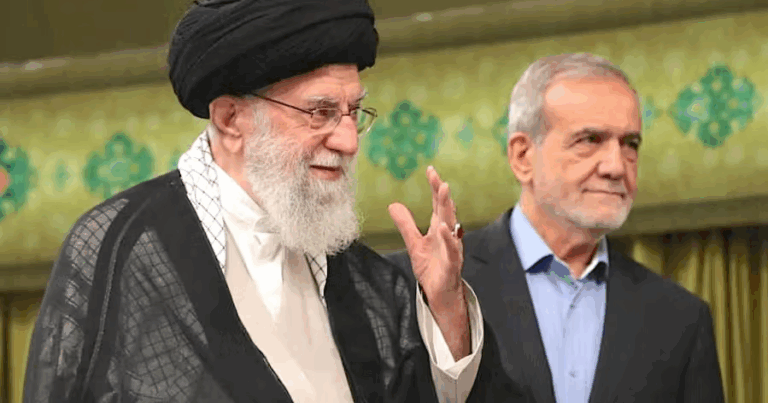
Khamenei’s Surprising Turn on Trump Talks Sparks Controversy and Criticism
Iran’s Supreme Leader, Ali Khamenei, has changed his stance on negotiations with the U.S., provoking controversy among Iranians who see it as a capitulation to external pressures. Critics argue this shift undermines Khamenei’s previous declarations that negotiating with the U.S. was dishonorable. As U.S. President Trump announced direct talks with Iran, skepticism among citizens grew, questioning the government’s narrative of indirect negotiations. Many perceive Khamenei’s actions as a response to internal unrest, fearing political collapse similar to historical figures like Gaddafi. Overall, there is a prevailing sentiment of humiliation among Iranians regarding their leader’s reversal on U.S. relations.
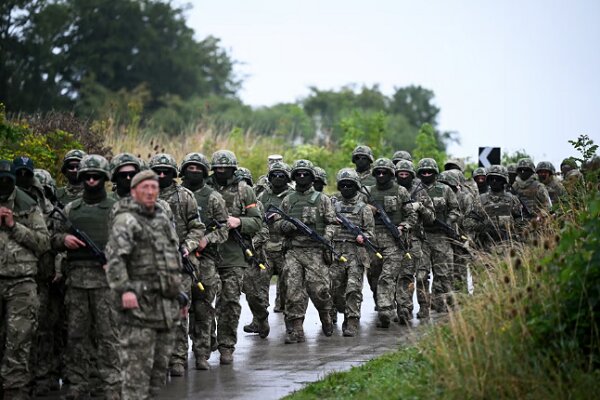
EU Faces Split Over Deployment of Western Troops in Ukraine, Reports Reveal
The debate over a potential peacekeeping mission in Ukraine has intensified among European nations amid ongoing conflict. Germany is hesitant to commit due to upcoming elections, while Baltic states and Poland fear NATO resources may be diverted. The UK, France, and Nordic countries support the mission but stress US involvement is crucial. Ukrainian President Zelensky’s demand for 200,000 peacekeepers raises concerns about EU capabilities. Russia opposes any foreign troops, viewing them as threats. Some EU officials suggest a non-Western UN force, but discussions remain stalled as geopolitical tensions persist, complicating the prospects of a peacekeeping initiative.
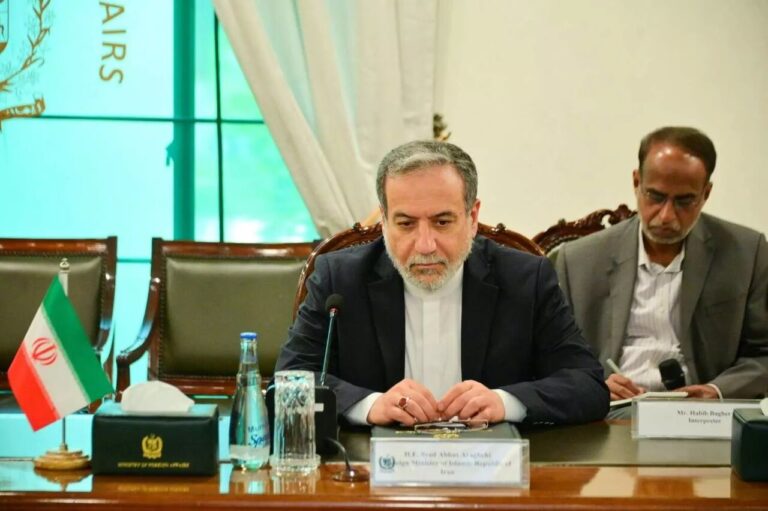
Fourth Round of Iran-U.S. Negotiations Begins in Muscat: Key Developments Ahead
Iran and the U.S. have begun their fourth round of indirect negotiations in Muscat, Oman, focusing on nuclear issues and potential sanctions relief. The discussions, led by Iranian Foreign Minister Abbas Araqchi and U.S. Special Envoy Steven Witkoff, are facilitated by Oman’s Foreign Minister Badr bin Hamad Al Busaidi. Araqchi reaffirmed Iran’s non-negotiable stance on uranium enrichment, which he described as a vital national achievement. He expressed optimism for productive talks, emphasizing the importance of dialogue at the negotiation table. This round follows previous discussions that began on April 12, marking significant engagement since the U.S. exited the 2018 agreement.
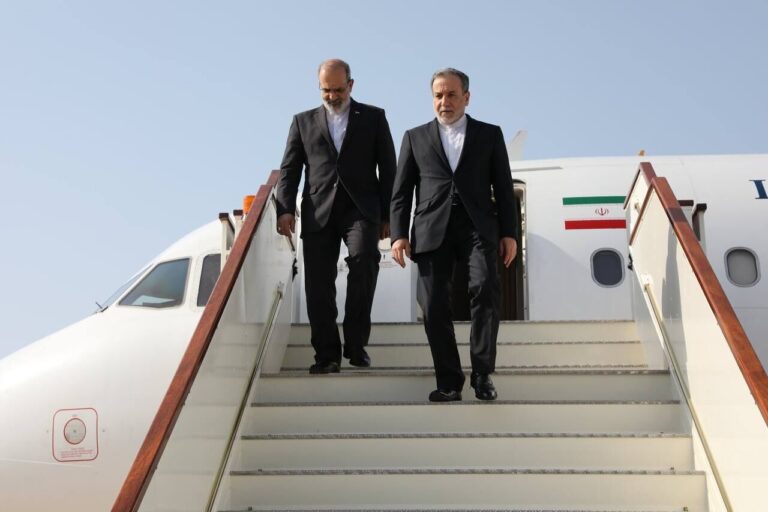
Foreign Minister Lands in Muscat for Crucial Third Round of Indirect U.S. Talks
Iran’s Foreign Minister Abbas Araqchi is in Muscat for a crucial third round of indirect talks with the U.S. regarding nuclear energy issues, scheduled for tomorrow. Foreign Ministry spokesperson Esmaeil Baqaei reaffirmed Iran’s commitment to using nuclear energy solely for peaceful purposes while advocating for the end of “unlawful and inhumane” sanctions. He emphasized the importance of a fair and realistic deal, indicating the seriousness of the negotiations. The previous rounds occurred in Muscat and Rome, facilitated by Omani Foreign Minister Badr al-Busaidi. The international community is closely monitoring these discussions for potential outcomes impacting Iran’s nuclear program.